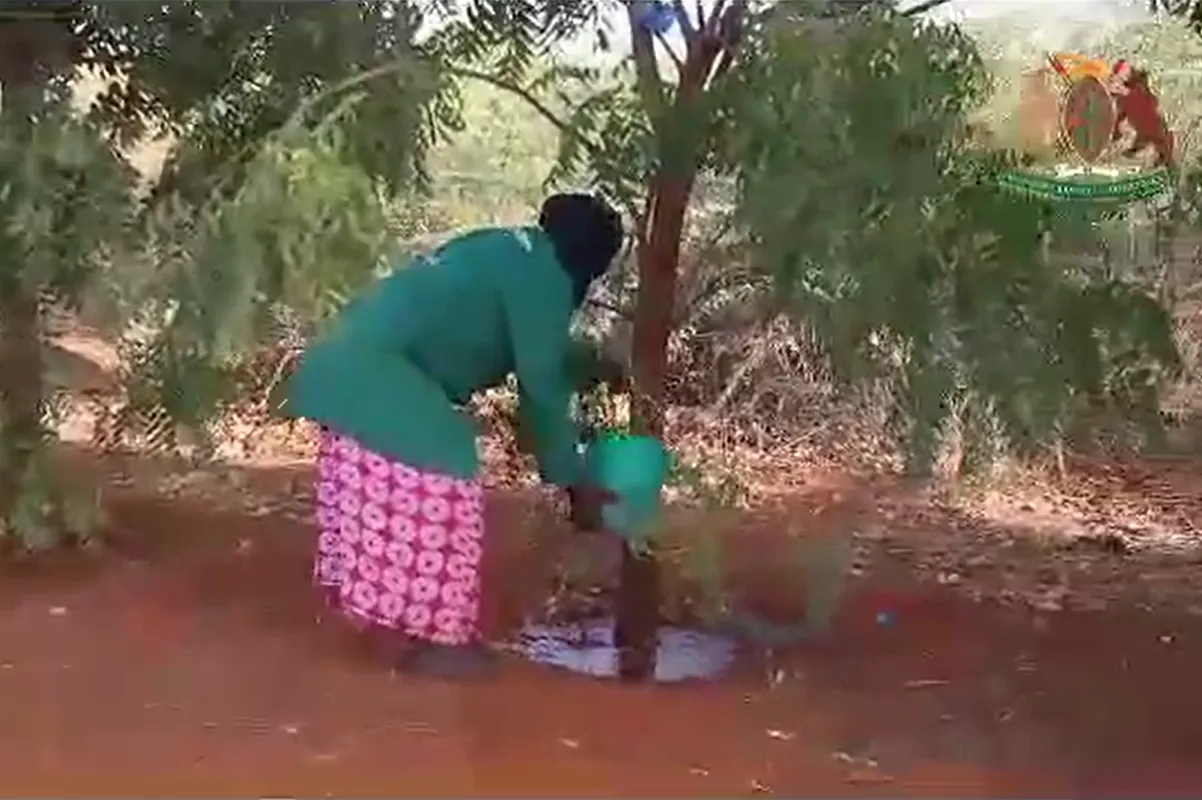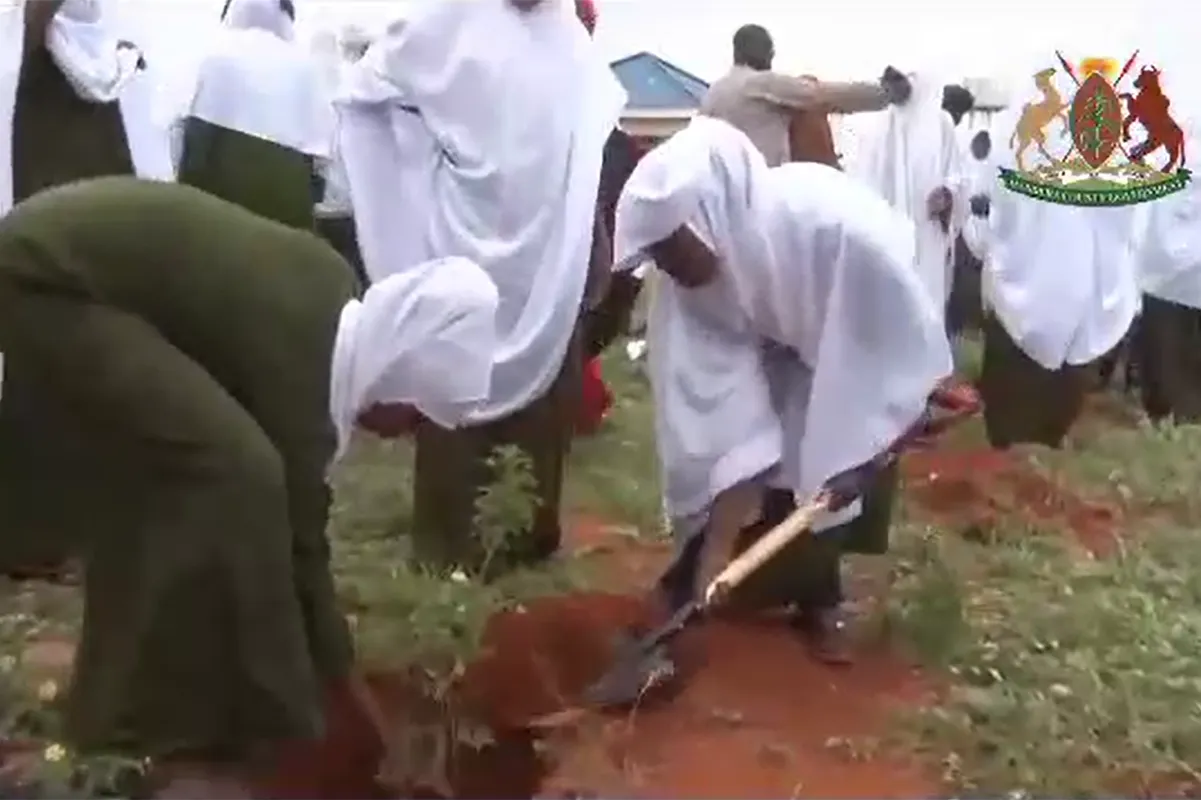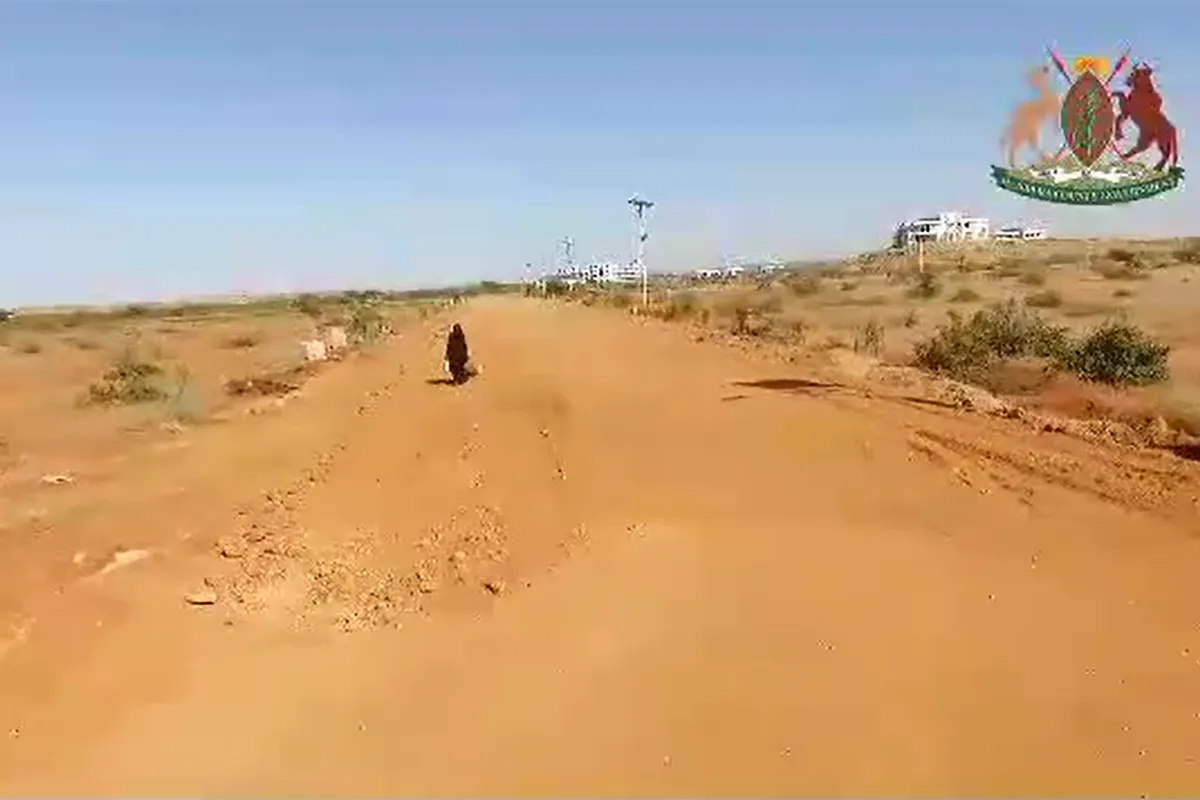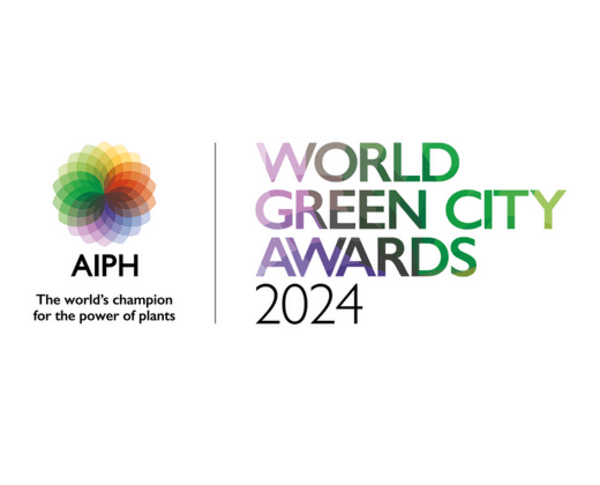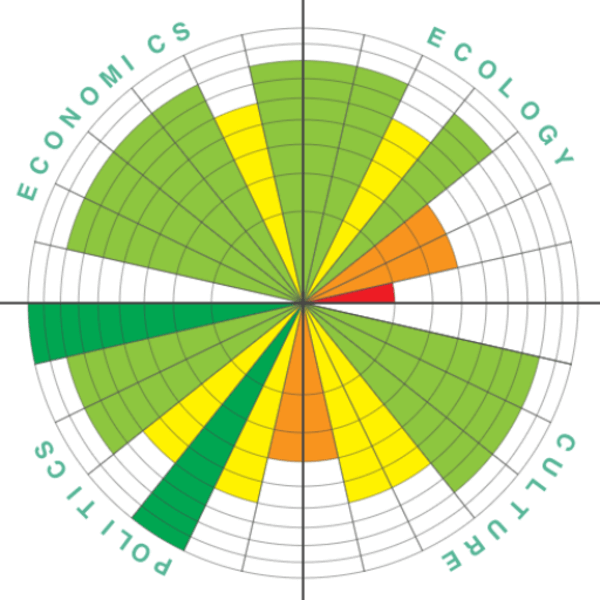City
Mandera
Main actors
Local Government, NGO / Philanthropy, Community / Citizen Group, Private Sector
Project area
Whole City/Administrative Region
Duration
Ongoing since 2016
Mandera Municipality’s Afforestation Program represents a remarkable transformation in a semi-arid landscape, where scorching temperatures, minimal rainfall and recurring droughts once defined daily life. The program is a holistic response to Mandera’s unique environmental and socio-economic circumstances. It involves systematic tree planting, nurturing, and the establishment of critical water infrastructure to support sustainable forest growth.
The program actively engages 1,300 participants, a substantial portion of whom are women and youth. These individuals receive monthly stipends, enhancing family stability. Local schools and communities are also integral participants, fostering a culture of environmental stewardship.
This is an abbreviated version of a case study originally published by AIPH with information provided by the city of Liverpool in their entry for the AIPH World Green City Awards 2024.
Link to full case study
AIPH World Green City Awards
This project was awarded the 'AIPH World Green City Awards' in 2024 in the following category: Living green for climate change.
External links / documents
On Map
The Map will be displayed after accepting cookie policy
